Peter Mullan
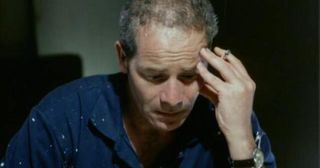
The Breakthrough: The Scots actor was a familiar face from supporting roles in Trainspotting and Braveheart ; ironically, it was winning Best Actor for My Name Is Joe in 1998 that helped people to remember Mullan's name.
Post-Cannes: One of the most reliable character actors around, Mullan can still deliver in everything from Tyrannosaur to War Horse . He's one of Britain's best directors, too.
Satyajit Ray
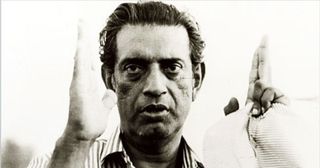
The Breakthrough: Ray's neo-realist classic Pather Panchali swept the board in India's film awards. Cannes flagged it up at the 1956 Festival, where it took "Best Human Document" and made Ray an art-house darling.
Post-Cannes: Pather Panchali's sequel Aparajito won prizes at both Venice and Berlin, making Ray amongst the first directors to win acclaim from all three of Europe's major film festivals.
Jim Jarmusch
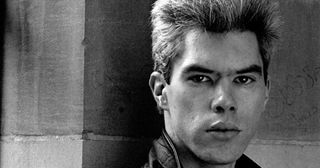
The Breakthrough: $125,000 debut Stranger Than Paradise returned from Cannes 1984 with the Camera D'Or - the Festival's first signal of an interest in American indie that would flower into the 1989-1994 indie invasion.
Post-Cannes: Jarmusch missed out on the mainstream success of Soderbergh, Lee and Tarantino, keeping to his homegrown, hipster groove. A Cannes regular, he won the Grand Prix in 2005 for Broken Flowers .
Emily Watson
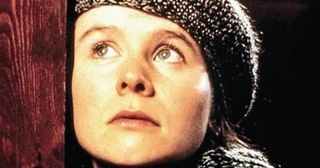
The Breakthrough: Beaten to the 1996 Best Actress prize by Brenda Blethyn, but there's no denying that Watson's striking debut in the Grand Prix-winning Breaking The Waves made the biggest splash that year.
Post-Cannes: Two Oscar nominations (one for Breaking The Waves ) led to an idiosyncratic career as a not-quite star in Cannes-friendly films like Punch-Drunk Love and Synecdoche, New York .
Cristian Mungiu
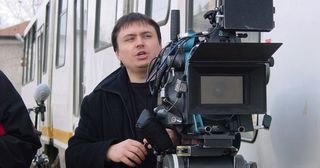
The Breakthrough: The most recent debutant to win the Palme D'Or, Mungiu beat the likes of David Fincher and the Coens with 2007's 4 Months, 3 Weeks And 2 Days .
Post-Cannes: Although he helped to popularise the Romanian New Wave, Mungiu has been relatively quiet aside from masterminding 2009 compendium Tales Of The Golden Age . His latest, Beyond The Hills , is in competition this year.
Matthieu Kassovitz
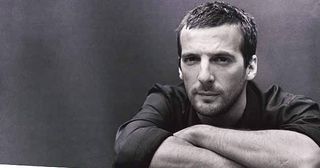
The Breakthrough: Against the backdrop of a national scandal in France about glorifying riot culture, Kassovitz won Best Director for his 1995 debut, La Haine .
Post-Cannes: Kassovitz's initial promise has fizzled out in too many mediocre gun-for-hire projects like Vin Diesel vehicle Babylon A.D . He's perhaps better known now as an actor, notably as Amelie 's love interest Nino.
David Thewlis
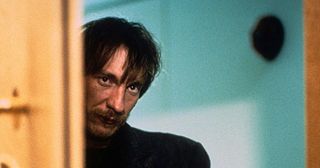
The Breakthrough: Only Mike Leigh appreciated the charisma and danger of gnarly Mancunian Thewlis; the latter's performance as Johnny in Leigh's Naked won Best Actor at Cannes in 1993.
Post-Cannes: A brief dalliance with stardom ended with the ignominy of The Island Of Doctor Moreau , so Thewlis has specialised as a character actor for the Coens, Spielberg, Malick and - most memorably - as Remus Lupin in the Harry Potter films.
Park Chan-wook
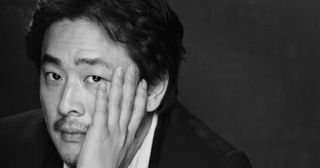
The Breakthrough: The buoyancy of modern South Korean cinema was a relative secret until Quentin Tarantino's Jury awarded Park's 2004 film Oldboy the Grand Prix.
Post-Cannes: Oldboy is still regarded as a high watermark for South Korean cinema, and Park has struggled to match its ferocious brilliance.
Jean Dujardin
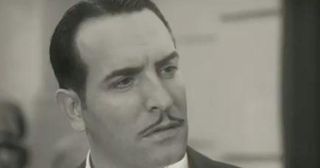
The Breakthrough: A major comedic star in his native France but still relatively unknown to mainstream audiences, The Artist brought Dujardin unprecedented attention and a Best Actor prize at last year's Festival.
Post-Cannes: Dujardin added a BAFTA and an Oscar (amongst others) to his tally but, for now, he's sticking to what he knows and staying in France.
Steve McQueen and Michael Fassbender
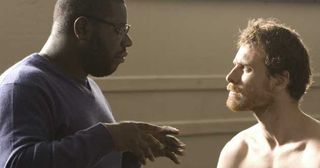
The Breakthrough: McQueen had to rethink his day job as a Turner-prize winning artist when debut film Hunger nabbed the Camera D'Or at the 2008 Festival, also propelling Fassbender from 300 bit-part player to major star.
Post-Cannes: Fassbender hasn't looked back, mixing Cannes-friendly fare ( Fish Tank ) with blockbusters ( X-Men: First Class ). Still, his defining role was in McQueen's follow-up Shame , confirming their status as the power couple of challenging cinema.
